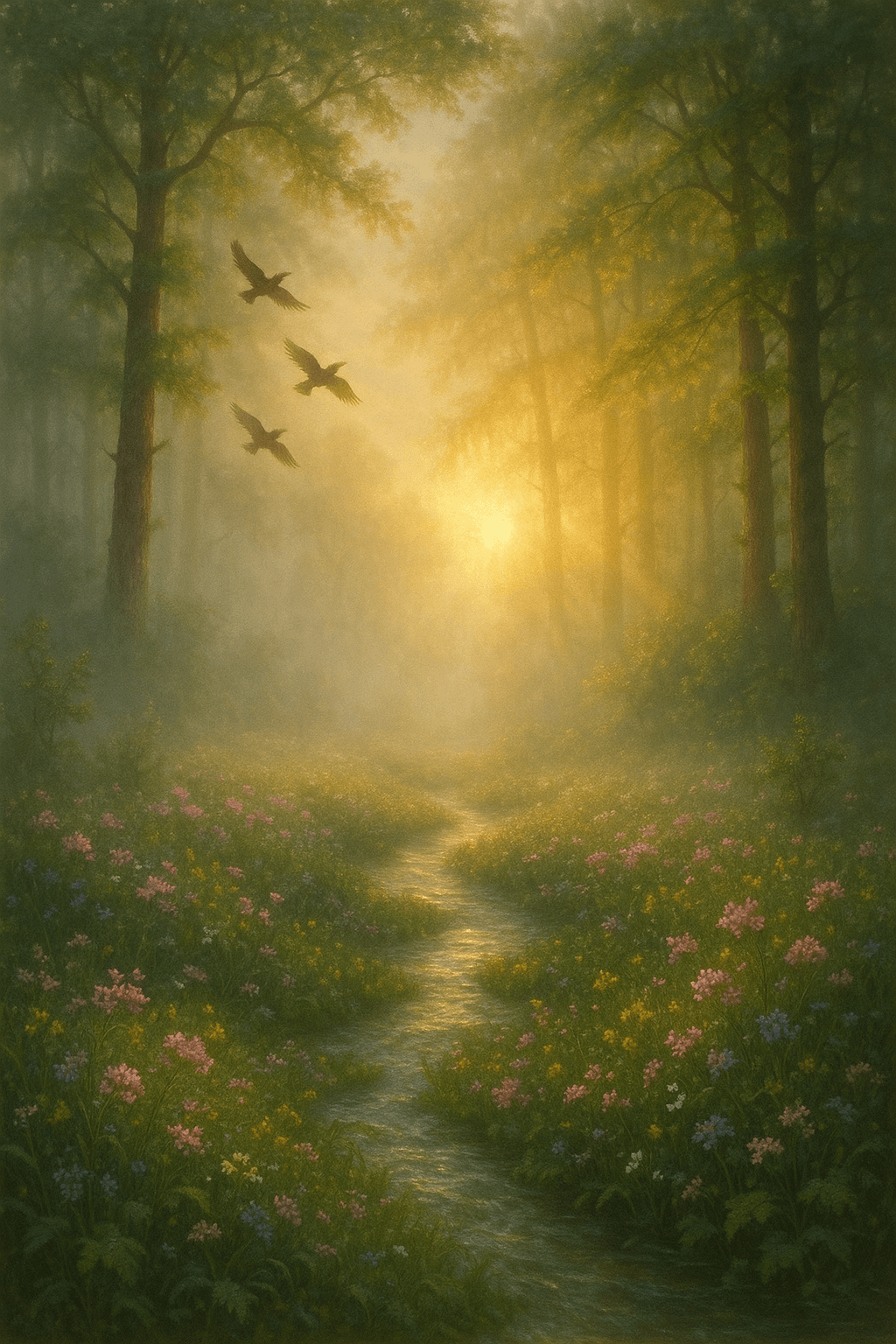Freedom: The Antidote to Life’s Lunacy

Freedom’s meaning is that life is not lunacy. — Rainer Maria Rilke
—What lingers after this line?
One-minute reflection
What does this quote ask you to notice today?
Rilke’s Definition of Freedom
Rainer Maria Rilke’s assertion—'Freedom’s meaning is that life is not lunacy'—invites us to reconsider the true essence of being free. Rather than seeing freedom as mere lack of constraint, Rilke frames it as the force that rescues life from chaos and irrationality. This subtle redefinition shifts our focus from external liberties to the internal harmony that enables coherent, purposeful living.
The Chaos of Unfreedom
To appreciate freedom’s stabilizing effect, we must first recognize how unfreedom begets disorder. Throughout history, oppressive regimes and rigid dogmas have sowed confusion and paranoia—forms of ‘lunacy’ in Rilke’s sense. For example, George Orwell’s *1984* portrays a dystopia where the absence of freedom leads citizens into a state of constant psychological turmoil, suggesting that without liberty, madness seeps into the very fabric of daily existence.
Freedom as Inner Order
Having established this contrast, Rilke’s freedom is not merely an external condition but also a profound internal state. In his *Letters to a Young Poet* (1903–1908), he often alludes to the importance of self-mastery and personal clarity. True freedom involves creating meaning amidst life’s uncertainties, avoiding the ‘lunacy’ of drifting through existence without purpose or direction.
Artistic and Philosophical Resonance
Rilke’s insight echoes in broader philosophical and artistic traditions. Existentialist thinkers like Jean-Paul Sartre have argued that authentic freedom—choosing and owning one’s path—brings order to life’s inherent absurdity. In the arts, this is mirrored by creators who, through their autonomy and vision, impose form on chaos, transforming potential lunacy into beauty or truth.
Building a Life Beyond Lunacy
Ultimately, Rilke’s view offers a hopeful prescription: by embracing our freedom, we shield ourselves from the madness of a life dictated by external forces or internal confusion. This path demands courage but promises a kind of sanity and self-possession. When freedom governs our choices and meanings, chaos recedes and we step into the grounded, lucid living that Rilke so valued.